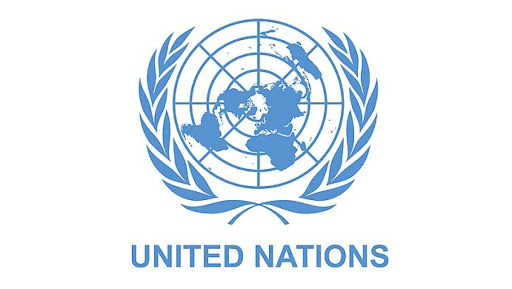NEW DELHI: Labeling fake news as a “serious threat” to public order and democracy, a parliamentary panel has urged amendments to penal laws, increased fines, and clear accountability measures to effectively tackle the issue.
The Standing Committee on Communications and Information Technology, chaired by BJP MP Nishikant Dubey, adopted its draft report on Tuesday, recommending mandatory fact-checking mechanisms and the appointment of internal ombudsmen in all print, digital, and electronic media organizations. The report is expected to be presented in Parliament during the upcoming Winter Session.
The committee’s unanimous adoption of the report signals broad cross-party support for stronger action against fake news. It emphasized that while combating misinformation, care must be taken to preserve freedom of speech and individual rights as guaranteed by the Constitution.
Dubey highlighted a recent misleading YouTube report falsely claiming many BJP MPs were “not reachable” before the vice-presidential poll, confirming the report had been submitted to Lok Sabha Speaker Om Birla. “We will not allow India to become like Bangladesh, Nepal, Sri Lanka, or Thailand. Misleading elements, often driven by anti-national agendas, must be curbed. News must always be factual,” he said.
The panel recommended a collaborative approach involving the government, private sector, and independent fact-checkers to address fake news. It called on the Ministry of Information and Broadcasting to enforce mandatory fact-checking and ombudsman roles across all media outlets. The Ministry of Electronics and Information Technology, also under the panel’s purview, was urged to take similar action.
The committee stressed accountability at all levels — editors and content heads for editorial lapses, owners and publishers for institutional failures, and intermediaries and platforms for spreading false information. It advocated revising penal provisions in current laws to crack down on the publication and broadcast of fake news.
Highlighting the dangers of fake news with cross-border links, the panel recommended enhanced inter-ministerial coordination nationally and cooperation with international bodies. It suggested adopting best practices like France’s election misinformation law and establishing a dedicated Inter-Ministerial Task Force, including officials from information and broadcasting, external affairs, electronics and IT ministries, and legal experts to tackle cross-border misinformation.
Regarding AI-generated misinformation, the panel called for close inter-ministerial cooperation to develop legal and technological tools to identify and prosecute offenders. Recommendations include licensing AI content creators, mandatory labeling of AI-generated videos and content, notifying creators of actions taken against them, and leveraging AI tools to detect fake content.
The committee also proposed implementing a robust, time-bound grievance redressal system and a digital complaint tracking mechanism to ensure timely and effective handling of misinformation-related grievances.




